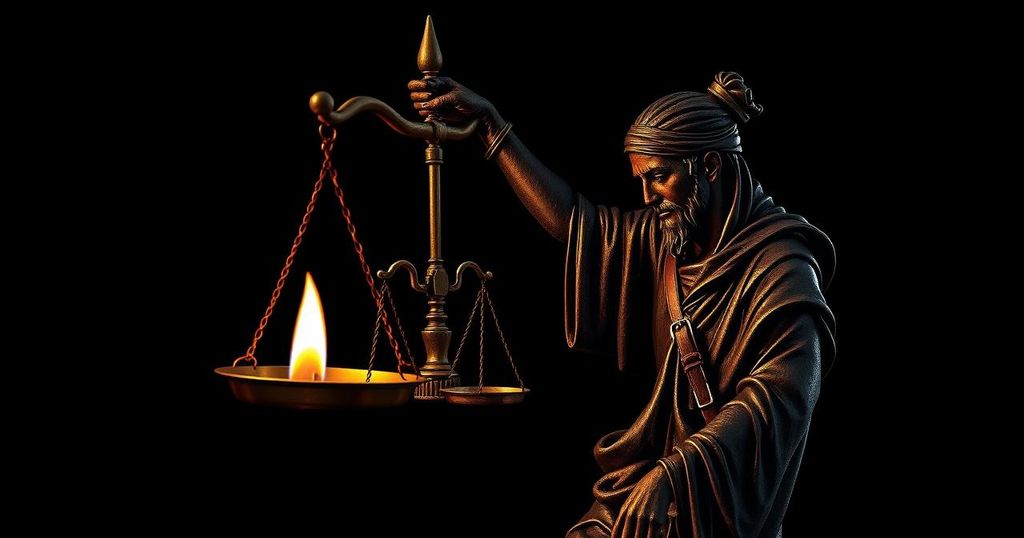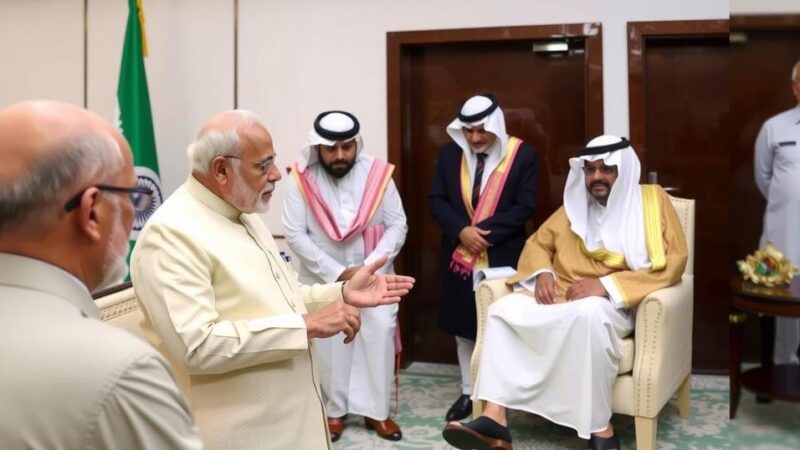Amnesty International emphasizes the need for justice for victims of human rights abuses during the Indonesian occupation of Timor-Leste, as the UN Security Council prepares for the withdrawal of peacekeeping forces. Despite numerous serious violations constituting crimes against humanity, few perpetrators have been held accountable. The organization calls for international efforts to ensure that justice remains a priority even as the UN departs.
Amnesty International has urged that those responsible for killings and extensive human rights abuses during the Indonesian occupation of Timor-Leste must be held accountable. As the UN Security Council convenes to finalize the withdrawal of the UN peacekeeping mission, the organization asserts that it is essential for the international community to prioritize justice for the victims of these heinous acts, which include unlawful killings, enforced disappearances, rape, torture, and other forms of violence. Despite many of these violations constituting crimes against humanity, few if any perpetrators have faced justice in either Indonesia or Timor-Leste. Isabelle Arradon, Amnesty International’s Asia-Pacific Deputy Director, emphasized the need for continued accountability, stating that the impending UN withdrawal does not excuse the international community from pursuing justice for these crimes. The timing of the UN Security Council meeting on November 12 coincides with the anniversary of the Santa Cruz massacre—a pivotal event in the struggle for independence, where Indonesian troops killed numerous peaceful demonstrators in Dili. The lack of accountability for such violence is a profound concern. Currently, over 300 individuals indicted for serious human rights violations remain unpunished, with Indonesian authorities refusing to cooperate with the UN-sponsored justice mechanisms established in Timor-Leste. Despite a few trials related to the 1999 referendum, the ineffective resolutions in the ad hoc Human Rights Court in Jakarta serve as a stark illustration of the challenge in seeking justice. Amnesty International has called upon the UN to unequivocally declare that impunity for crimes against humanity will not be tolerated and insisted that the issue of justice for the victims must remain on the Security Council’s agenda following the peacekeeping mission’s withdrawal.
The article addresses the grave human rights violations that occurred during the Indonesian occupation of Timor-Leste from 1975 to 1999, particularly focusing on actions taken during the 1999 independence referendum. These violations included unlawful killings and severe acts of violence, many of which are classified as crimes against humanity. Despite international acknowledgment of these crimes, there has been an ongoing lack of accountability, with few perpetrators being prosecuted in either Indonesia or Timor-Leste. The withdrawal of the UN peacekeeping mission has raised concerns regarding the continuation of efforts to bring justice to the victims of these atrocities, thereby positioning the need for sustained international pressure on the matter.
In conclusion, the call for justice in Timor-Leste for victims of human rights abuses during the Indonesian occupation remains critical. The lack of accountability for over 300 perpetrators highlights a significant failure in the pursuit of justice. Continued international involvement and pressure are essential to ensure that these crimes do not go unpunished. The UN Security Council must prioritize this issue even as peacekeeping forces withdraw from the region, reaffirming that impunity for serious human rights violations is unacceptable.
Original Source: www.amnesty.org







